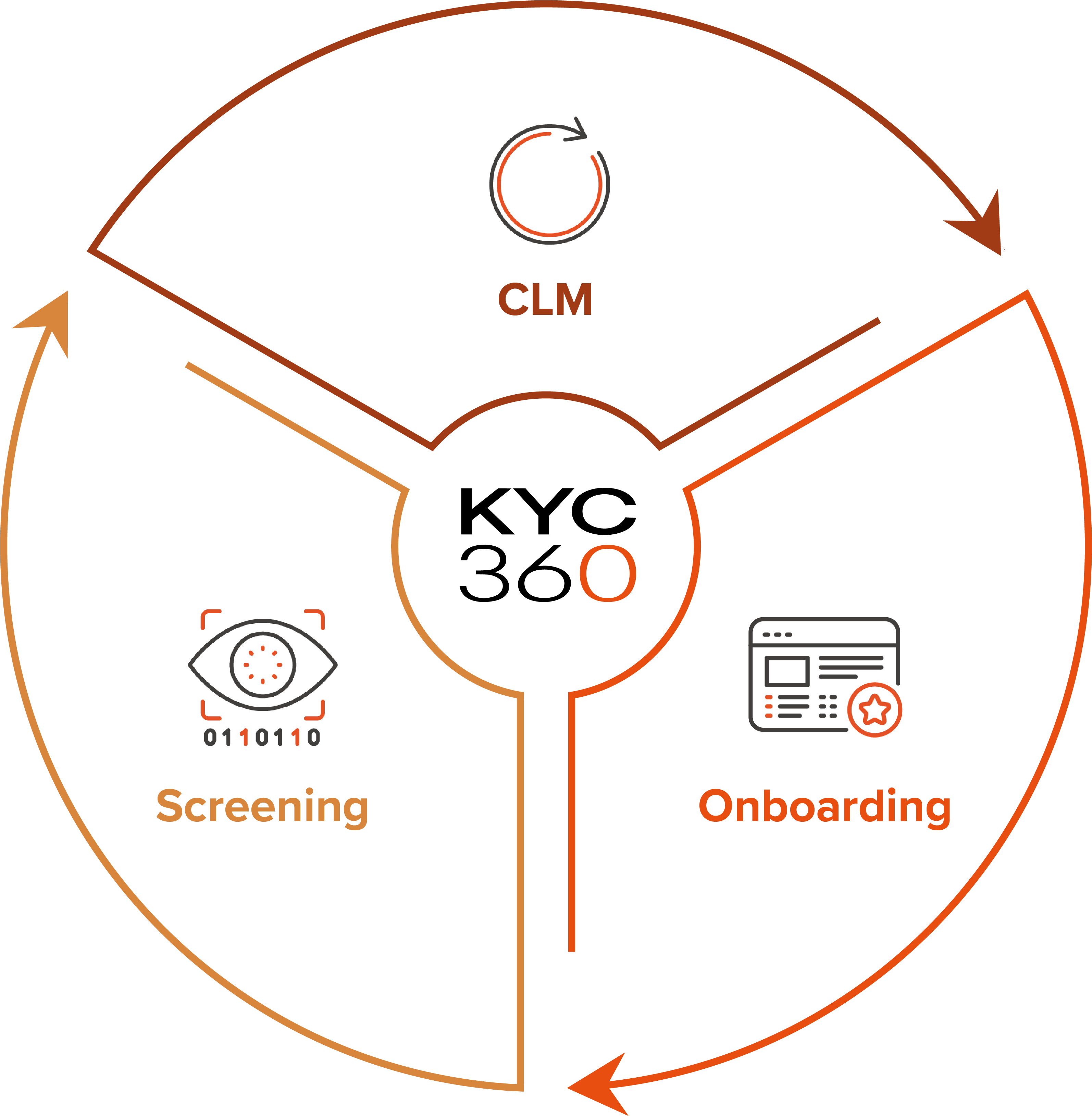The Comply and Outperform Series
In elite sport, safety and performance are not trade-offs, they advance together. From football clubs deploying data science to reduce injuries while increasing intensity, to Formula One teams prioritising driver safety while simultaneously making their cars faster, the lesson is the same: when risk is better managed, athletes can push harder, faster, and smarter. The systems designed to protect also become the systems that enable peak performance.
At KYC360, we apply the same principles to financial crime compliance. For years, compliance has been framed as a brake on business: a necessary safeguard that slowed growth, complicated onboarding, and absorbed resources. But the institutions that have embraced compliance are proving otherwise. Smarter AML and KYC frameworks are making firms not just safer, but faster, leaner, and more competitive.
That is the ethos of our Comply and Outperform series. Compliance is not just about avoiding penalties. It is about driving performance. The same systems that protect firms from regulatory and reputational risk are also those that drive efficiency, sharpen client relationships, and create long-term commercial value. In other words: comply to compete, comply to outperform.
Lessons from the FinCEN Files
In September 2020, the release of confidential U.S. Treasury documents sent shockwaves across the global financial system. Around 2,100 Suspicious Activity Reports (SARs), filed by leading international banks to the Financial Crimes Enforcement Network (FinCEN), were leaked to journalists and published in what came to be known as the FinCEN Files.
The revelations were stark. Over two decades, trillions of dollars in potentially suspicious transactions had coursed through the banking systems. Some of the world’s most recognised financial institutions, including HSBC and Deutsche Bank, featured repeatedly. Regulators, meanwhile, were filing SARs without the tools or resources to follow through effectively.
While the leaks revealed clear weaknesses in the global fight against financial crime, their lasting impact has been in the wave of structural reform they set in motion.
From Exposure to Reform
The disclosures forced governments, regulators, and financial institutions into action. In the U.S., the leaks accelerated the passage of the Anti-Money Laundering Act of 2020, a landmark piece of legislation that introduced beneficial ownership reporting, stronger protections for whistleblowers, and enhanced frameworks for information-sharing.
Globally, financial institutions have dramatically increased compliance investment since 2020. Spending was directed towards KYC automation, advanced data analytics, and advanced transaction monitoring tools. Regulators in the EU and UK revisited the effectiveness of SAR regimes, resulting in initiatives such as the UK’s Economic Crime Plan 2 and reforms at Companies House designed to increase corporate transparency.
Compliance as a Differentiator
What the FinCEN Files ultimately revealed is that compliance, when executed well, is not simply about avoiding fines or enforcement action. Done properly, compliance creates a competitive advantage.
A Thompson Reuters Survey conducted in 2022 found that 62% of financial institutions reported increased pressure from clients to enhance their AML and compliance programmes. Firms that moved early to upgrade their systems after the FinCEN Files gained credibility with risk-sensitive clients.
The benefits extended beyond trust. Regulators have shown a greater willingness to approve licenses, acquisitions, and new products where firms can demonstrate robust AML systems. In private banking, transparent communication about compliance enhancements reassured clients during a period of heightened scrutiny, strengthening retention at a time when reputational risk was front-page news.
Lessons for Compliance Leaders
Reform pays dividends. Institutions that invested early in enhanced AML programmes are now seeing commercial benefits, from stronger client loyalty to smoother regulatory relationships. Transparency has also proven critical: firms that openly communicate their compliance changes reassure not just supervisors, but clients who want evidence that their wealth is being safeguarded responsibly.
Compliance innovation has driven efficiency. Automated onboarding, smarter monitoring, and advanced analytics have reduced false positives and freed compliance teams to focus on strategic priorities. Altum Group offers a clear example: by integrating KYC360’s onboarding and screening tools into its NavOne platform, the firm cut down on manual processes, reduced errors, and significantly improved the speed and efficiency of compliance operations. In other words, the investments that mitigated regulatory risk also unlocked real business value.
Conclusion
The FinCEN Files began as a crisis. They exposed the vulnerabilities of an AML system that was procedural and under-resourced. But their legacy lies in the acceleration of reform. Compliance frameworks are now more data-driven, more transparent, and more technologically enabled than they were five years ago.
Institutions that embraced the challenge didn’t just meet higher regulatory standards, they built resilience, enhanced trust, and outperformed competitors who hesitated. The FinCEN Files remind us of a simple but powerful truth: compliance, when treated as a strategic priority, is not just about keeping regulators satisfied. It is about safeguarding reputation, preventing financial crime, and building a platform for long-term success, while creating tangible commercial benefits for those who lead on compliance.
The KYC360 platform is an end-to-end solution offering slicker business processes with a streamlined, automated approach to Know Your Customer (KYC) compliance. This enables our customers to outperform commercially through operational efficiency gains whilst delivering improved customer experience and KYC data quality.
